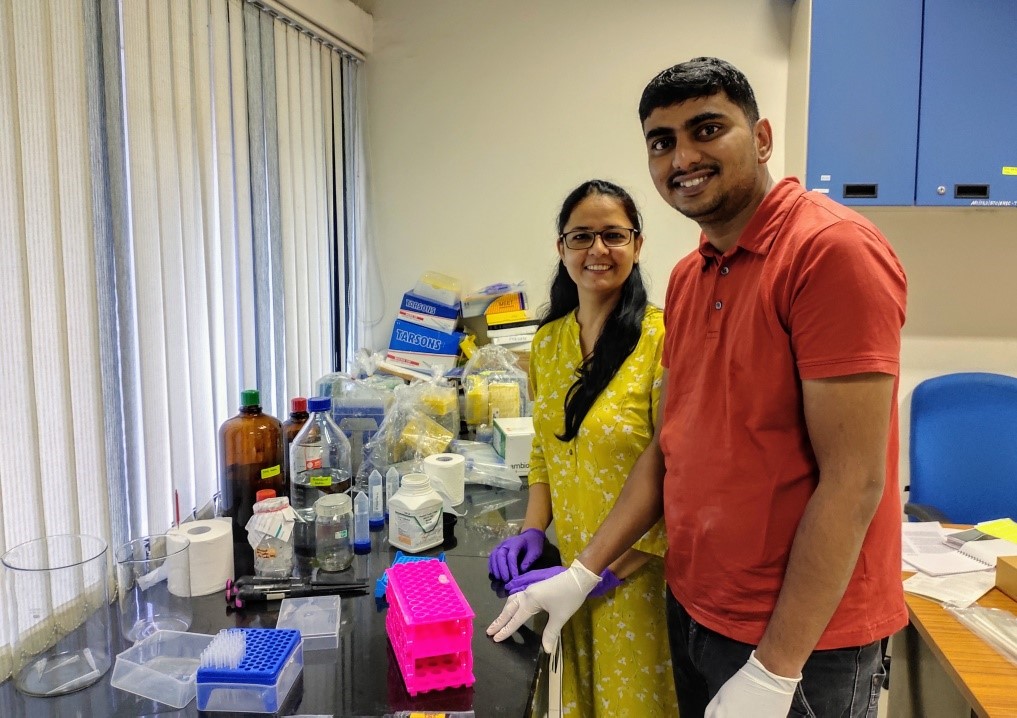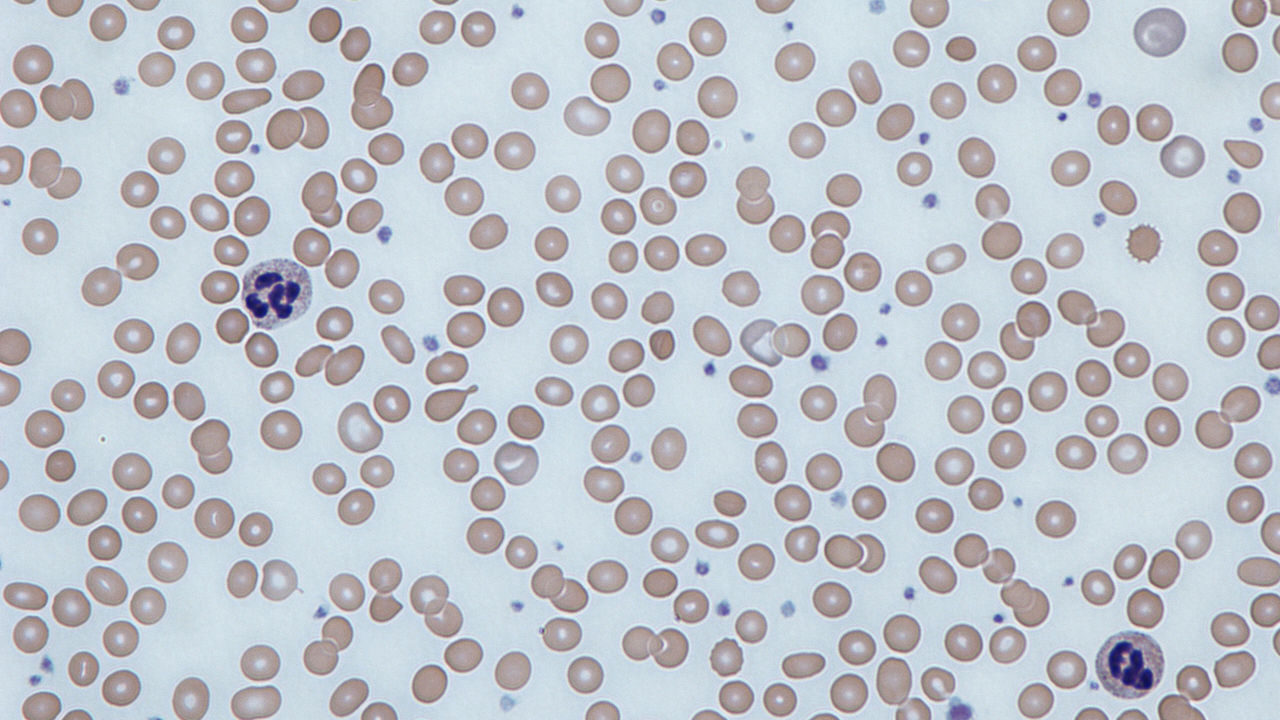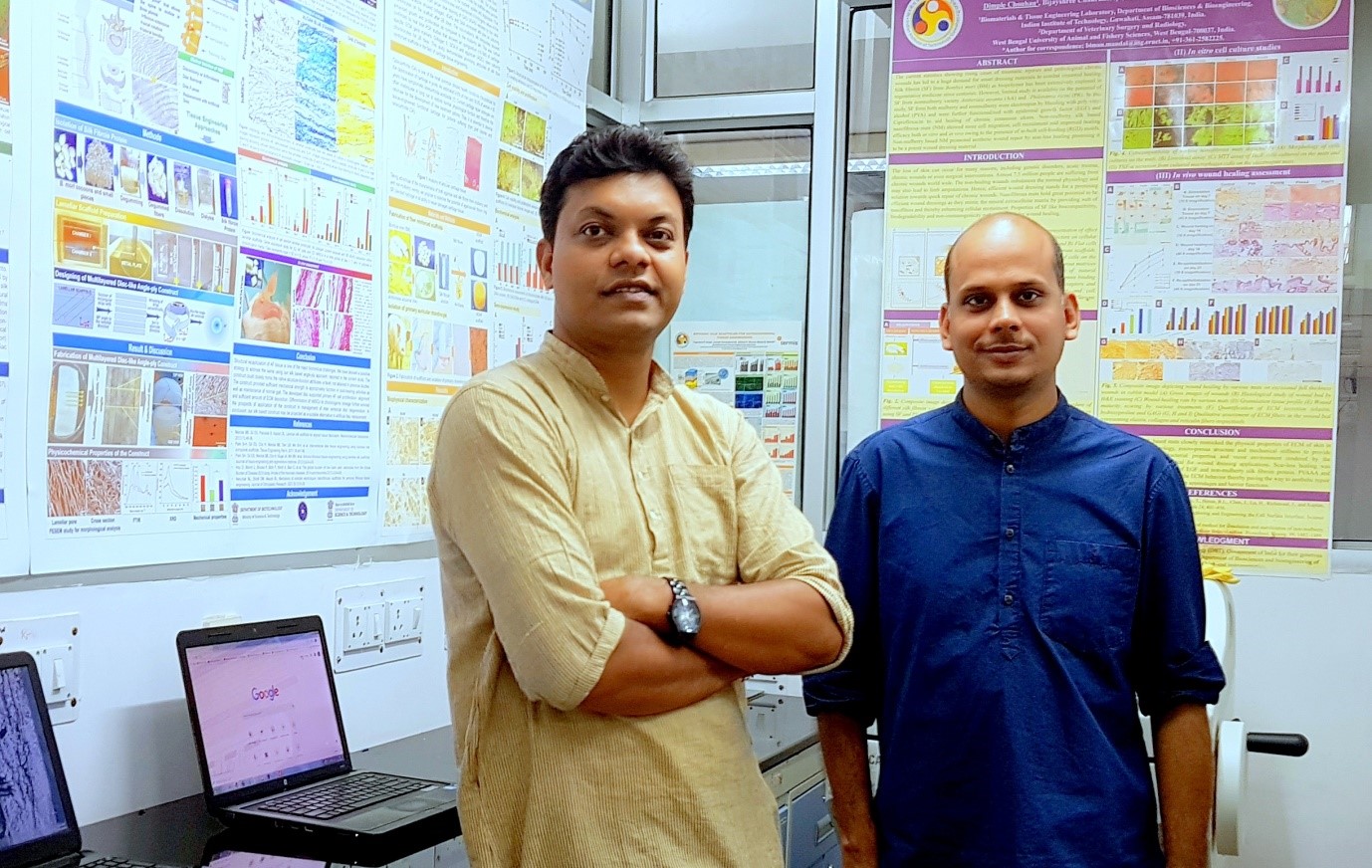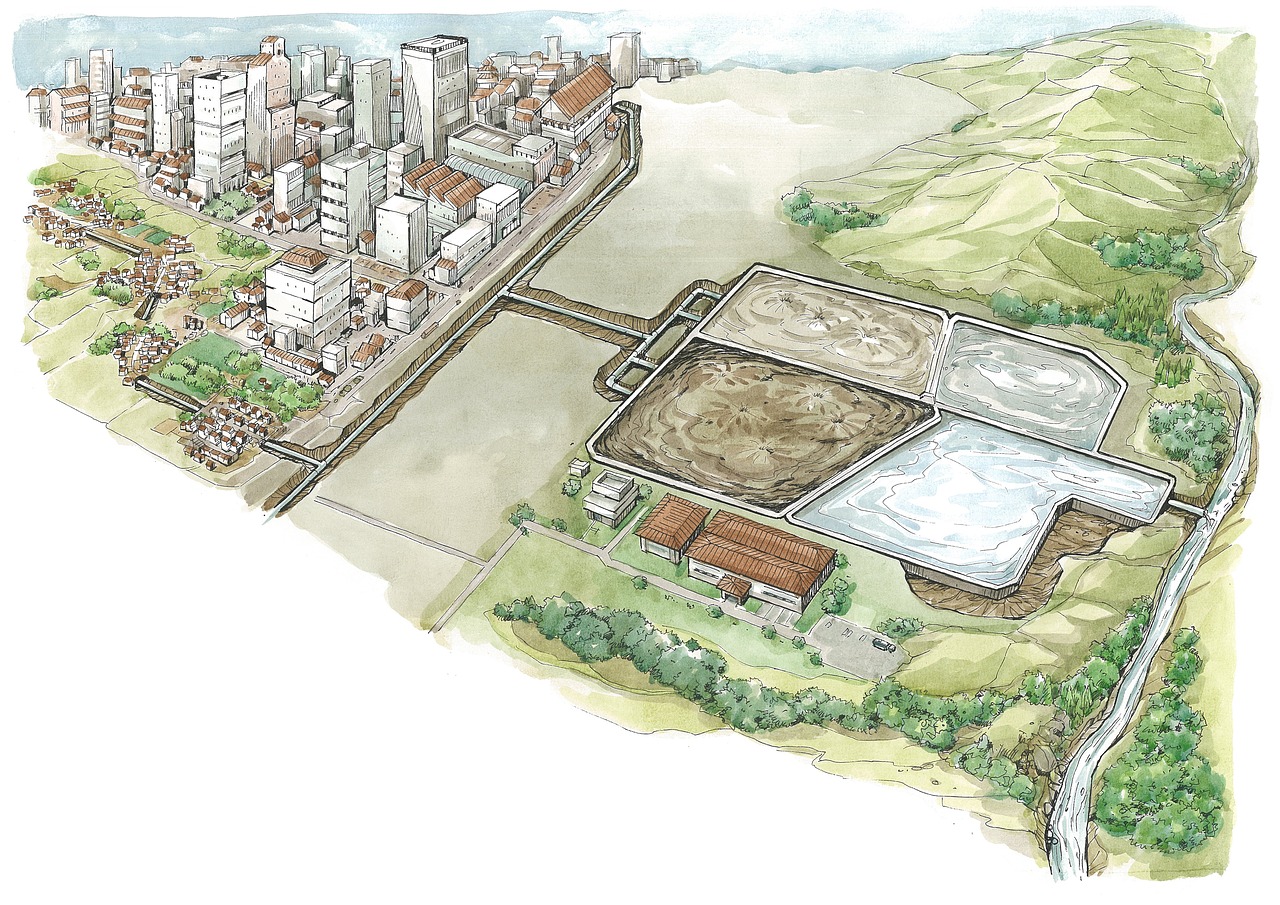Anemia is normally caused due to iron deficiency, but cancers, autoimmune diseases, infections, and chronic kidney diseases may also lead to anemia. This is known as anemia of inflammation.

The inflammation-induced anemia occurs due to a shorter life span of red blood cells in the body and also suppression in the formation of new red blood cells. The currently available treatments for this type of anemia have several side effects. So scientists have been looking for safer medications.
Scientists in Pune have found that a traditional herb Tinospora cardiofolia commonly known as gudduchi or giloy could be useful in treating inflammation-induced anemia. The study has been done in rats. “It is a traditional herbal medicine but its benefits for anemia were not explored. So we decided to test it,” said Dr. Prasad P. Kulkarni, leader of the research team at Agharkar Research Institute, Pune while speaking to India Science Wire.
Tinospora has been traditionally used for inflammatory diseases but its mechanism of action was not known which restricted its use. For this study, the scientists first induced inflammation in rats by injecting them with an antigen that causes inflammation. Extracts of Tinospora were fed to animals in different doses and it was found that a dose of Tinospora extract increased hemoglobin and red blood cells in rats having inflammation.
The herb works by decreasing levels of hepcidin gene- a gene involved in regulating iron levels available for developing red blood cells. By decreasing levels of hepcidin gene, Tinospora allows the iron to be available for developing red blood cells which in turn cures anemia due to inflammation. Also, the herb decreases inflammation in the body by decreasing levels of major inflammatory proteins such as cytokines.
“Gudduchi is termed as ‘Amruta’ in Ayurvedic system of medicine and is known for its use in the treatment of a variety of diseases. We would like to extend our work to underline the beneficial effects of Gudduchi in other ailments where inflammation is involved,” added Dr. Kulkarni.
The research team also included Niraj S. Ghatpande, Ashwini V. Misar, Ravindra J. Waghole and Sachin H. Jadhav from Agharkar Research Institute. The findings of the study have been published in the journal Scientific Reports. (ISW)
If you liked this article, then please subscribe to our YouTube Channel for the latest Science & Tech news. You can also find us on Twitter & Facebook.



